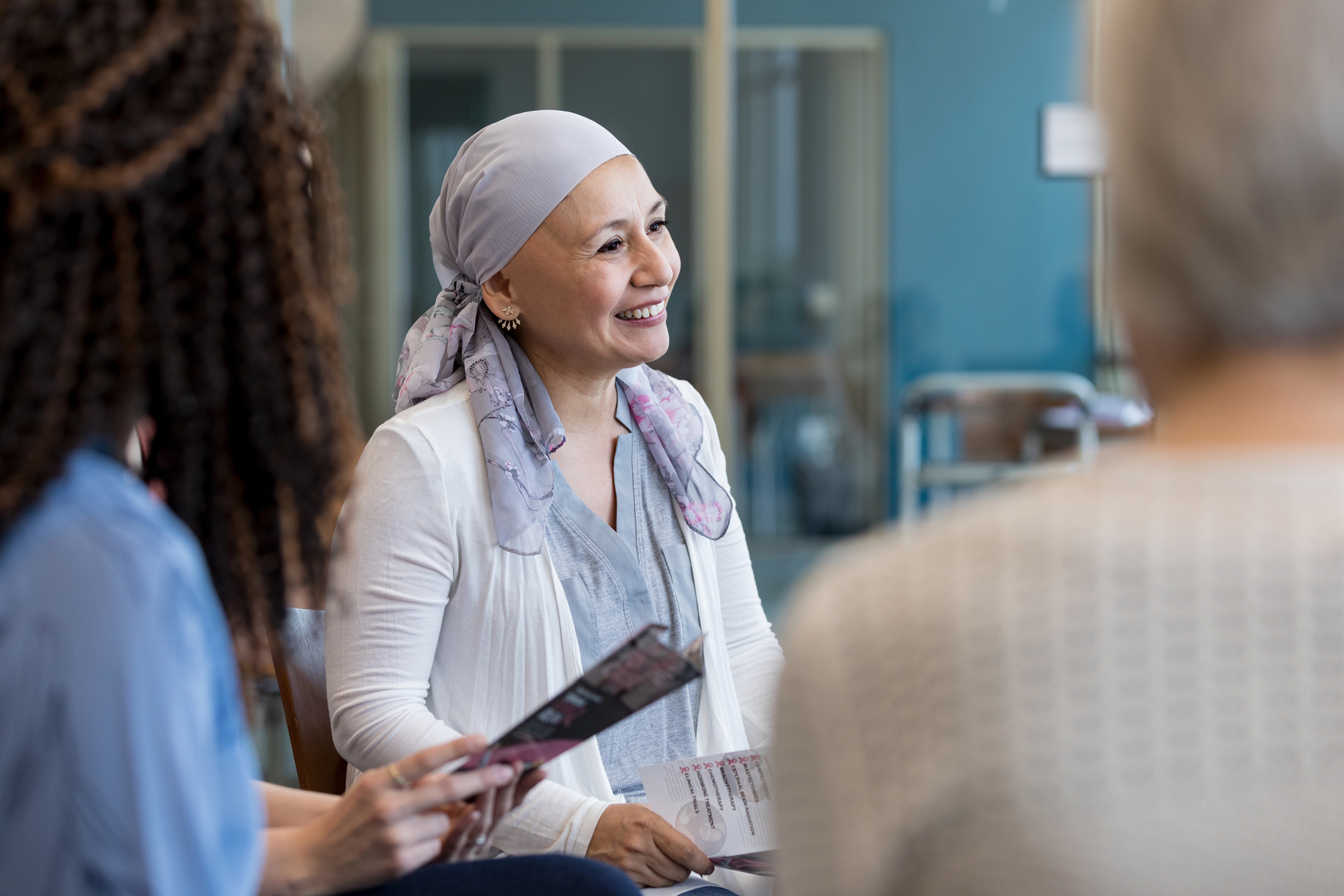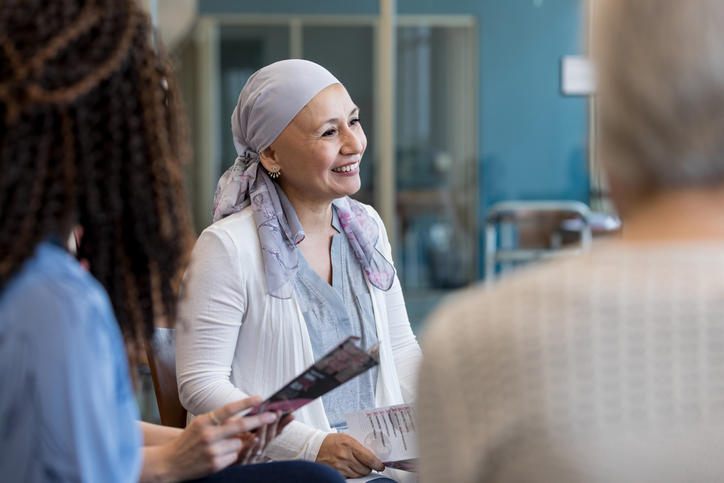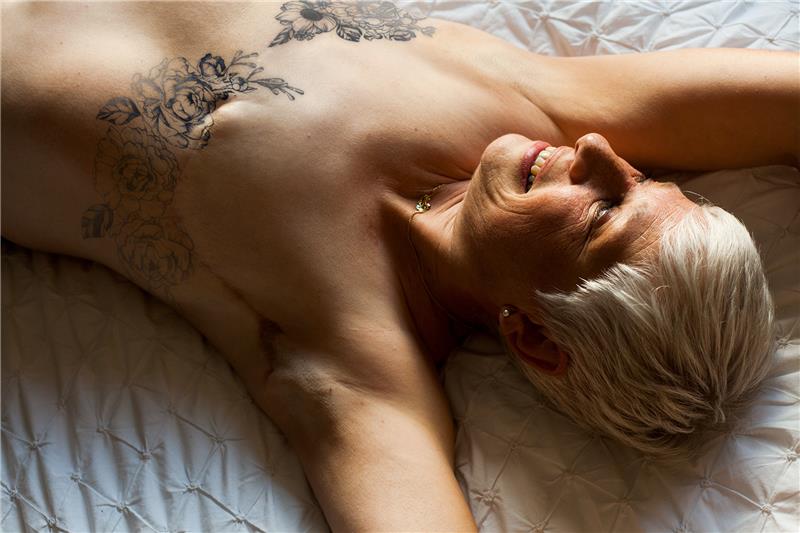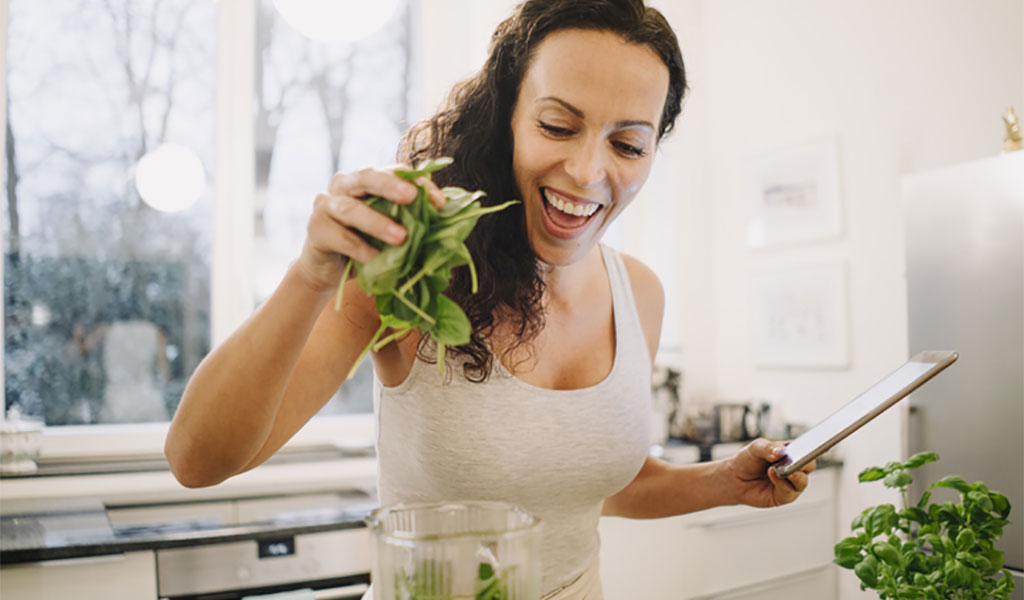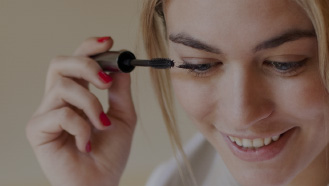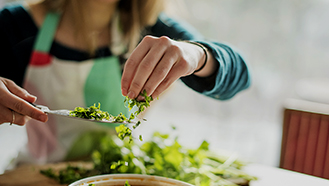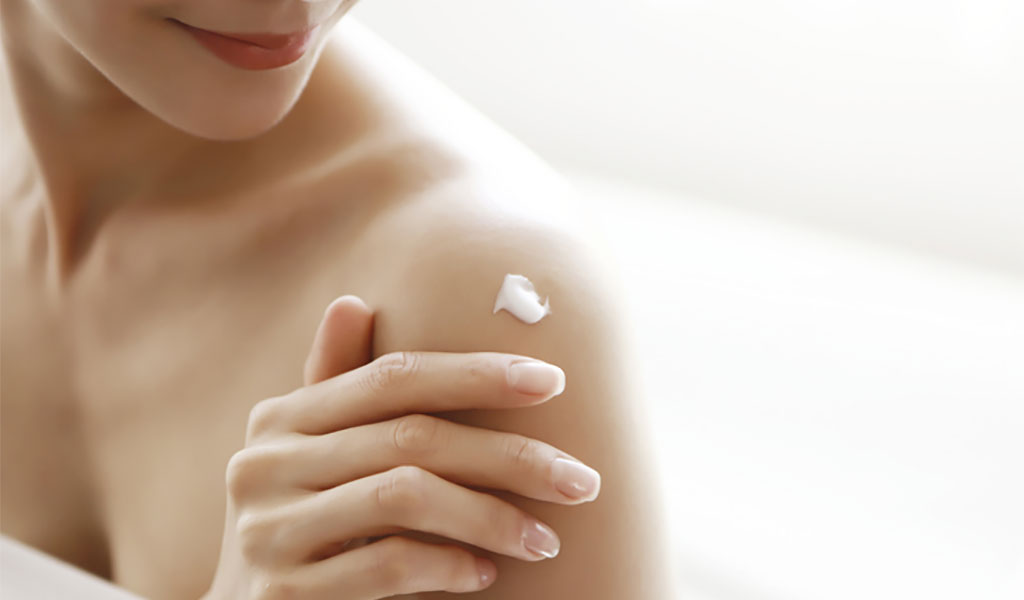Breast cancer in the COVID-19 era
Coronavirus disease (COVID-19) is an infectious disease caused by the SARS-CoV-2 virus. It can be spread via the mouth or nose of an infected person when he or she coughs, sneezes, talks, sings or breathes. Although most infected people develop mild to moderate symptoms, some with underlying medical conditions are more likely to develop serious illness.1
Generally, COVID-19 is a source of many questions and concerns, even more so when living with breast cancer.
Am I at risk of getting severe COVID-19?
COVID-19 & hospitals
As a person dealing with breast cancer, you may wonder if hospitals are a safe place to go to during the pandemic and if you should delay your treatments or follow-up appointments. Before making any decisions, you should talk to your oncologist, as cancellations and delays in cancer treatment are decided on a case-by-case basis.2 If you really don’t feel comfortable being in hospitals but don’t want to impact your follow-up, telemedicine could be your solution, as it is a useful alternative to certain appointments.3 However, rest assured, since the outbreak of the pandemic, the rates of hospital-acquired COVID-19 have dropped drastically thanks to all the measures put in place to ensure patient safety.4
COVID-19 & breast cancer
Information about cancer and COVID-19 can be overwhelming and confusing. Overall, numerous studies have confirmed that people with cancer are at greater risk of developing severe COVID-19.5 However, when looking at this in more detail, it seems that the type of cancer plays an important role in the infection outcome.5 While patients with blood or lung cancer are especially at risk5, the impact of breast cancer is unclear: although an Italian study suggested that breast cancer was associated with higher risks of hospitalisation6, French and American teams actually found that people with breast cancer shared the same risk as the general population.7,8 Therefore, the risk of death or serious illness might depend more on comorbidities (such as hypertension and obesity) than on breast cancer itself.7,8
Similarly, in patients with lung metastases, the COVID-19 impact is not fully established, with studies suggesting that having lung metastases increases the risk of severe illness5, and others finding no association between pulmonary metastases and the extent of COVID-19 in the lungs.7
COVID-19 & breast cancer treatments
The influence of radiation therapy is also a matter of debate, with some studies suggesting that patients who received it are more likely to be hospitalised due to COVID-199, while others found no relationship.7
Generally speaking, people who are immunocompromised are more likely to become seriously ill if they get COVID-19. In the case of breast cancer, some treatments (such as immunotherapies and some chemotherapies) can affect your immunity, thereby increasing the risk of severe COVID-19. Hormone therapies, on the other hand, are much less associated with immunocompromission.10
Lymph node surgery may also be a concern for you, as these are known to play a role in immunity. However, their removal does not seem to affect the body’s ability to fight infections.10
Thus, many uncertainties remain regarding how breast cancer and its treatments can affect the outcome of COVID-19. Fortunately, physicians are there to give you guidance and to provide you with adapted treatments that have been rigorously proven to be effective.
How can I avoid getting severe COVID-19?
One way to stay as safe as possible is to be fully vaccinated.11 It is also important that people you are in close contact with get vaccinated, both to protect you and to build herd immunity.12
Vaccination against COVID-19 is as safe for people with cancer as it is for the general population: the most common side-effects of vaccination are similar (injection-site pain, fatigue, fever, chills, headache, and muscle pain), largely mild and occur at a similar frequency.11 One specific side-effect women with a history of breast cancer should be aware of is swollen lymph nodes in the arm and neck (also known as axillary adenopathy).13Although true in some cases that swollen lymph nodes can be the sign of a relapse, vaccination-induced swelling is a benign and expected side-effect that may appear within 1-4 days after vaccination and last 1 to 10 days on average.13
While vaccination is essential in protecting you from COVID-19, it is important to know that people with cancer generally still have weaker immune responses than those without it.12 Fortunately, in the weeks following the second dose of vaccine, immune responses seem to improve, especially among women with breast cancer.12 Some people, particularly immunocompromised patients, may also be offered a third injection to boost their immunity.14 It is however crucial to keep up protective measures, such as physical distancing and face covering in crowded areas.12
Dealing with breast cancer may be particularly difficult, even more so during a global pandemic. If you are struggling with cancer-related loneliness further exacerbated by COVID-19 health policies, you may want to read “Reaping the benefits of being socially active”.
In any case, you can count on your medical team to help you through this ordeal, and on the thousands of scientists around the world working to better understand and treat breast cancer and COVID-19.
The information provided on this website is not intended to replace professional advice. Please always consult a healthcare professional if you require healthcare advice.
References
- https://www.who.int/health-topics/coronavirus#tab=tab_1 (Last accessed: October 2021)
- https://www.breastcancer.org/about_us/press_room/news/coronavirus#delays (Last accessed: October 2021)
- Sonagli M et al. J Surg Oncol. 2021; 123(2):371-374.
- https://www.nuffieldtrust.org.uk/resource/chart-of-the-week-how-has-the-risk-of-acquiring-covid-19-in-hospital-changed-in-the-last-year (Last accessed: October 2021)
- Nader Marta G et al. JCO Global Oncol 2021; 7:1084-1092.
- Rugge M et al. Nature Cancer 2020; 1:784-788.
- Vuagnat P et al. Breast Cancer Res 2020;22(1):55.
- Kalinsky K et al. Breast Cancer Res Treat 2020; 182(1):239-242.
- Kathuria-Prakash N et al. Journal of Clinical Oncology 2021; 39:15_suppl.
- https://breastcancernow.org/about-us/news-personal-stories/i-have-breast-cancer-i%E2%80%99m-worried-about-covid-19-restrictions-being-lifted#risk (Last accessed: October 2021)
- https://www.esmo.org/newsroom/press-office/the-evidence-is-in-covid-vaccines-do-protect-patients-with-cancer (Last accessed: October 2021)
- Monin L et al. Lancet Oncol 2021; 22:765-78.
- Mehta N et al. Clinical Imaging 2021; 75:12-15.
- Shroff RT et al. Nat Med 2021.

Breast Cancer: Life Your Life
PDF - 796 Kb


